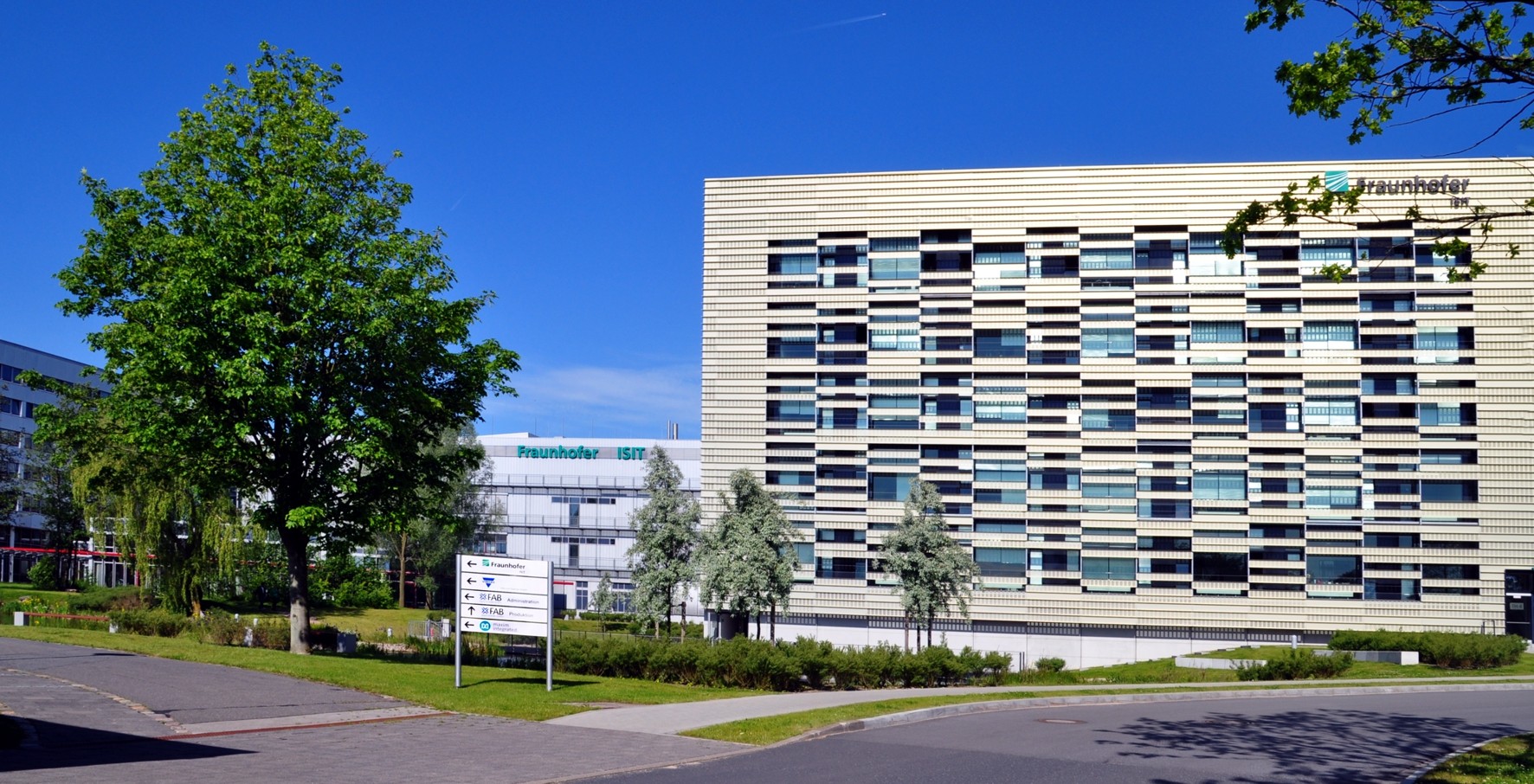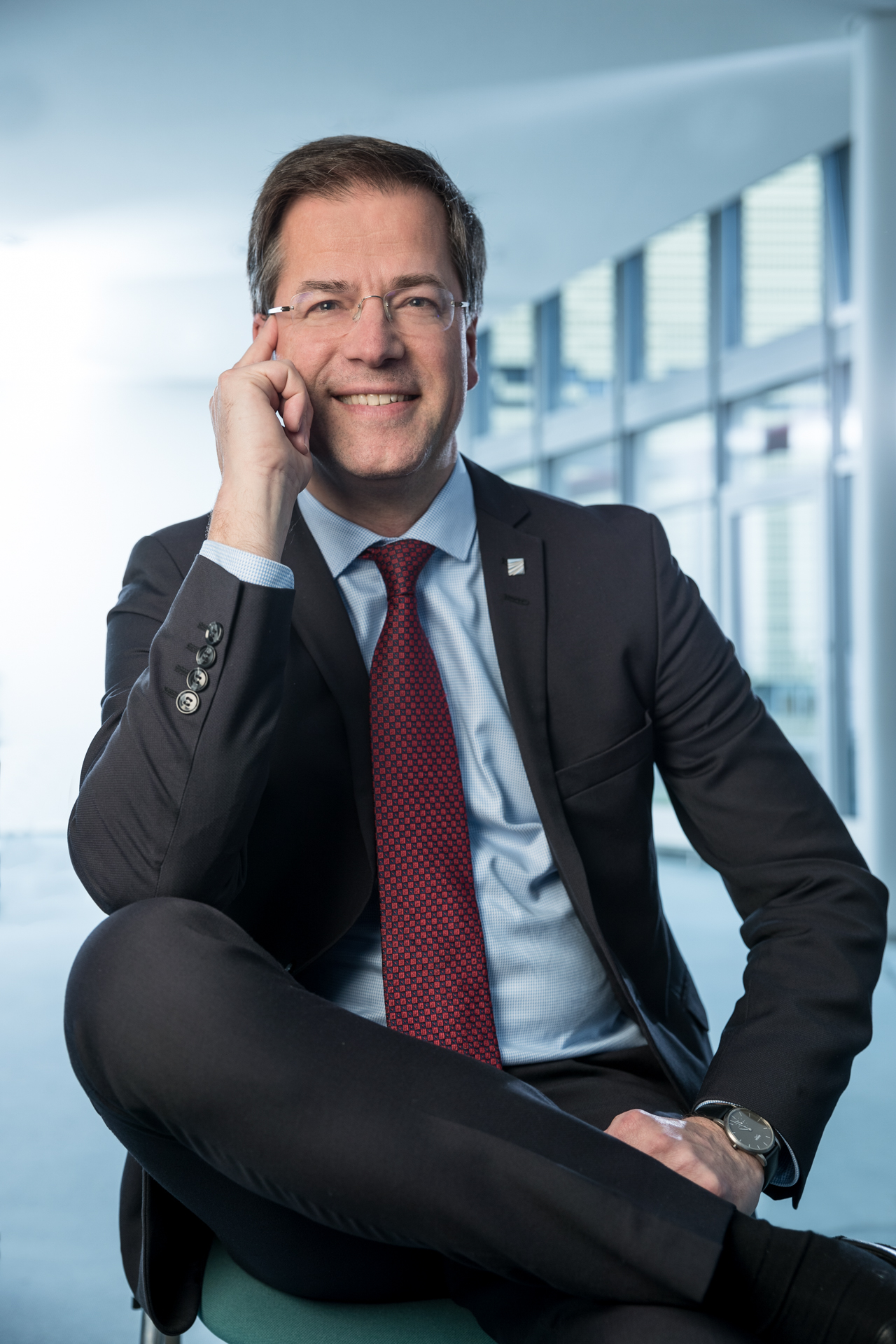Fraunhofer ISIT intensifies its relations with CAU Kiel - Prof. Dr. Axel Müller-Groeling becomes professor at the Faculty of Engineering
The head of Fraunhofer ISIT, Axel Müller-Groeling, has accepted a professorship at Christian-Albrechts University and is now Professor for "Microsystems and Technology Transfer" at the Faculty of Technology.
The chair is located in the Materials Science Department of the Technischen Fakultät and deals with topics at the interface between science and industry. Prof. Axel Müller-Groeling covers the full range of topics of the chair with his diverse experience as a scientist, as a management consultant, as a manager and as a successful director of a Fraunhofer Institute.
With this professorship, his range of responsibilities expands significantly. "Starting next fall, I will be in Kiel once a week during the semester. Initially, a lecture with two semester hours per week is planned. But I will also travel to Kiel regularly during the lecture-free period and participate in the work at the faculty," says the ISIT director.
Prof. Axel Müller-Groeling would like to use his professorship to strengthen the networking of Fraunhofer ISIT with CAU. "I will promote ISIT's research topics among students and help to ensure that even more final theses - be they bachelor's or master's theses - result from the cooperation between CAU and ISIT. In particular, I would like to lead doctoral students to doctoral degrees."
Further prospects also open up for CAU if the university joins forces with Fraunhofer ISIT to attract more industry-related projects and third-party funding.
ISIT's cooperation with the Faculty of Technology is already very close, most recently made clear by the joint participation in the „Allianz für Spitzenforschung in Schleswig-Holstein“. ISIT has operated a branch office in Kiel for many years, and Axel Müller-Groeling is now the third professor there in addition to Bernhard Wagner and Holger Kapels.
Fraunhofer ISIT and CAU have already launched many joint research activities. One of the most sustainable is the cooperation around the Kieler Nanolabor.
There, for example, piezo materials such as aluminum scandium nitride are being researched. These materials convert electrical signals into motion and, on the other hand, generate electrical impulses when they are deformed. This is why these materials are very interesting as drives and for sensory tasks in microsystems.
In the course of these studies, researchers on aluminum scandium nitride have discovered a physical property that could have the potential for leap innovations in microsystems. "There is already an extremely broad field of research on the horizon, both scientifically and in terms of industrial implementation, which even CAU and Fraunhofer ISIT will not be able to successfully work on together alone, but only in cooperation with many other partners from research and industry" is how Prof. Axel Müller-Groeling assesses the current situation.
With the lifetime professorship at the Faculty of Technology, Axel Müller-Groeling's professional career has come full circle: He grew up in Heikendorf near Kiel and began his life as a scientist many years ago with a degree in physics at Christian-Albrechts-Universität zu Kiel.

 Fraunhofer Institute for Silicon Technology
Fraunhofer Institute for Silicon Technology